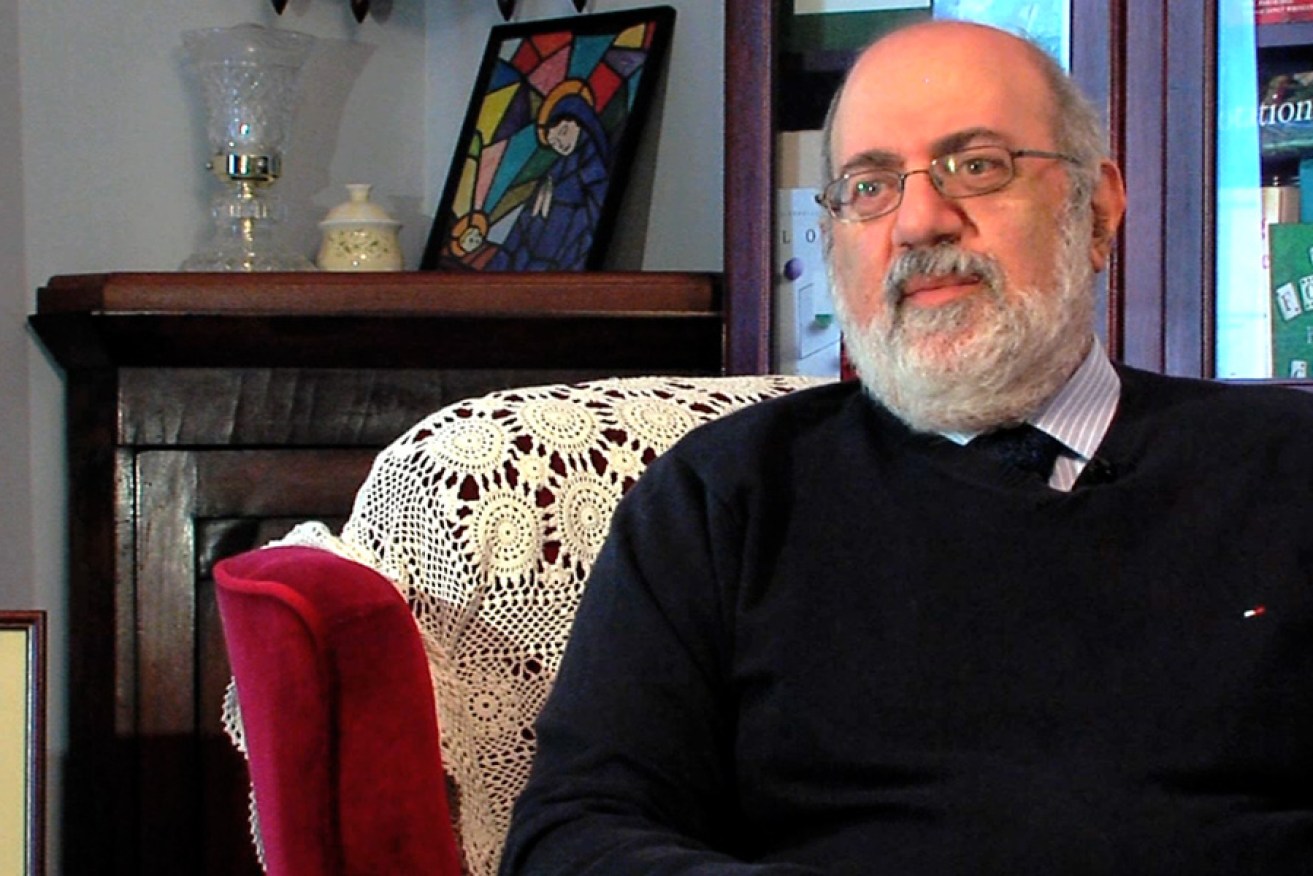Review a breakthrough for chronic pain sufferers

Greg Betros from lobby group, Dignity for Chronic Pain Sufferers
People suffering from chronic pain in South Australia have had a breakthrough in their more than two year fight for a change in the way they are treated by the State Government.
The state’s Drugs of Dependence Unit will review its treatment of at least two cases of extreme chronic pain patients after a two year campaign from lobby group Dignity for Chronic Pain Sufferers (DFPS) to change the way it manages prescription of opiates.
“SA Health meets regularly with Dignity for Chronic Pain Sufferers to discuss how we can work together to further improve chronic pain management in South Australia,” Drugs of Dependence Unit (DDU) manager Colin Brown said in a statement to InDaily.
“Discussions have included ideas on improving information sharing, case studies of current clients and developing a work plan to improve the profile of chronic pain.”
Following a meeting between the DFPS, Dignity for Disablity and the DDU in June, DFPS president Greg Betros said the group had been asked to highlight two examples, other than partners of the group’s office holders, where the current system had failed because they weren’t able to challenge the quantum of medication allowed.
“We want to be able to challenge the quantum [of opiate prescription] because quite clearly the information that these decisions are made are not necessarily the whole story.
“The DDU is trying to put together a review process, but the DFPS believes they are moving too slowly for the needs of our members.”
Currently people needing opiates to manage pain are assigned a case manager by the DDU.
However the DFPS believes that the DDU, which was transferred back to SA Health from Drug and Alcohol SA last year, has failed to manage extreme cases of its members.
He said while the department has agreed to look at two cases, “no one wants to fix [the problem]”.
“When you look at what we are trying to achieve it’s still a long way off,” Betros said.
“I’d like to see this body set up which is a review body which enables the someone to represent the patient if not the patient themselves to front these people to explain what the problem is and why they need the medication.”
Betros said at the moment there is no recourse for the people whose request for opiates get knocked back by the DDU.
“Most people don’t know why they are knocked back when they are told by their treating doctor they need the medication.”
Betros has taken his wife Trish’s case to court in attempt to change the system. He claims that his members are allowed less medication by the DDU than recommended by their treating doctors.
In Trish Betros’s case the department wanted to scale back her medication with the aim of stopping its use. In many cases this is a necessary step, however, Greg Betros argues that Trish has long-term chronic pain and needs constant medication to provide a quality of life.
In many cases at the less extreme end, it has been found chronic pain can be managed with a variety of other treatments.
However, there is an 18-month wait to access a chronic pain unit appointment at one of SA’s major public hospitals.
Dignity for Disability MLC Kelly Vincent has called for a holistic approach to chronic pain management.
“I call on the Minister for Health and his Department to develop a comprehensive and funded plan that removes waiting lists and provides real solutions for the 80,000 South Australians that live with chronic pain due to injury, illness or disability,” she said.
“At St Thomas’s Hospital in London, they have a partially residential, partially home-based program to assist people with chronic pain improve their symptoms, reduce their pain and improve their lives.”
Vincent said this publicly-funded program had good outcomes and included physiotherapy, and psychological, pain specialist, medical and nursing support.
“It is has been very successful and often saves the public health system many thousands of dollars later through prevention of expensive surgeries and other interventions.”
Vincent said she would continue working to find a solution for people with chronic pain that are not able to access adequate doses of Schedule 8 medications.
“The fact is, the International Association for the Study of Pain points out that failure to provide access to pain management violates the United Nations 1961 Single Convention on Narcotic Drugs declaring the medical use of narcotic drugs indispensable for the relief of pain and mandating adequate provision of narcotic drugs for medical use.”




